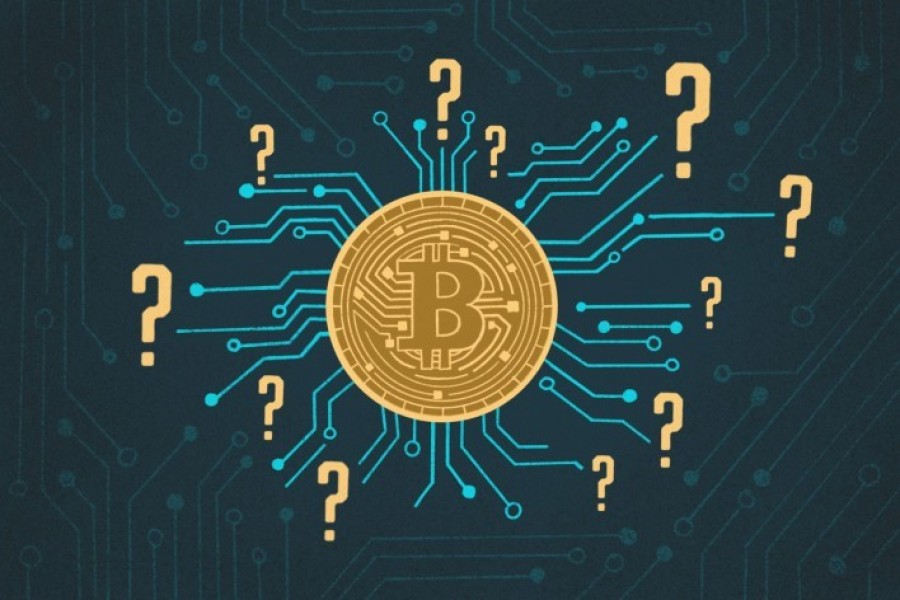 12, Nov
12, Nov
What is cryptocurrency mining?
Cryptocurrency mining is the process by which new transactions are added to a blockchain, and new coins are minted. It's a crucial component of many cryptocurrencies, including Bitcoin and Ethereum, among others. Here's how it works:
1. Transaction Verification: When someone initiates a cryptocurrency transaction, such as sending Bitcoin to another user, the transaction needs to be verified and added to the blockchain. Miners play a crucial role in verifying these transactions.
2. Block Creation: Transactions on a blockchain are grouped together into blocks. Miners compete to solve complex mathematical puzzles that enable them to add a new block of transactions to the blockchain. This process is known as mining.
3. Proof-of-Work (PoW): Most cryptocurrencies, including Bitcoin, use a consensus mechanism called proof-of-work. In PoW, miners use computational power to solve cryptographic puzzles. The first miner to solve the puzzle gets to add the next block to the blockchain and is rewarded with newly minted cryptocurrency (in addition to transaction fees).
4. Mining Rewards: Miners are rewarded for their efforts in securing the network and processing transactions. In addition to the newly minted cryptocurrency, miners may also receive transaction fees associated with the transactions included in the block they mined.
5. Difficulty Adjustment: The difficulty of the cryptographic puzzles adjusts regularly to ensure that new blocks are added to the blockchain at a relatively constant rate, typically every 10 minutes for Bitcoin. This adjustment helps maintain the security and stability of the network.
6. Hardware and Energy Requirements: Cryptocurrency mining requires specialized hardware, such as ASIC (Application-Specific Integrated Circuit) miners for Bitcoin or GPUs (Graphics Processing Units) for Ethereum. These mining rigs consume significant amounts of electricity due to the computational power required to solve the puzzles.
7. Decentralization and Security: Cryptocurrency mining contributes to the decentralization and security of blockchain networks. Because miners compete to solve puzzles and add blocks to the blockchain, no single entity has control over the network. This decentralized nature helps prevent censorship, fraud, and tampering with transaction records.
Overall, cryptocurrency mining is a fundamental process that enables the creation of new coins, verifies transactions, and maintains the security and integrity of blockchain networks. However, it's also associated with energy consumption and environmental concerns due to the substantial electricity usage of mining operations.




